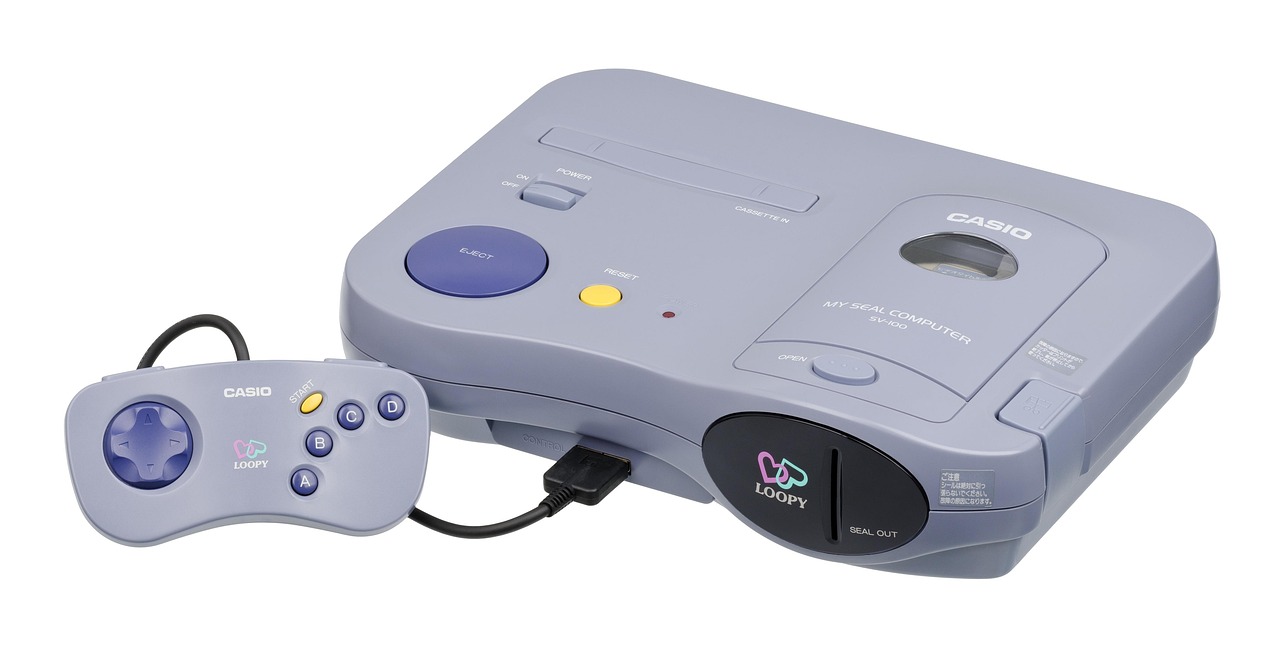The quest for optimal health often leads us down winding paths, and one frequent stop is the world of detox foods. But what does “detox” really mean, and which foods truly help our bodies eliminate toxins efficiently? Forget fad diets and restrictive cleanses; this article delves into the science-backed benefits of incorporating specific foods into your daily diet to support your body’s natural detoxification processes. We’ll explore which foods can aid your liver, kidneys, and other organs in doing what they do best: keeping you healthy and vibrant.
Understanding Detoxification: How Your Body Cleans House
The Body’s Natural Detox System
Your body is a sophisticated machine with built-in mechanisms for eliminating waste and toxins. The liver, kidneys, digestive system, skin, and lungs all play critical roles in this continuous process. This detoxification system works best when fueled by proper nutrition.
- The liver filters blood, breaks down toxins, and metabolizes drugs.
- The kidneys filter waste products from the blood, regulating fluid balance.
- The digestive system eliminates solid waste.
- The skin eliminates toxins through sweat.
- The lungs expel carbon dioxide.
What are Toxins?
Toxins can be external (exogenous) or internal (endogenous).
- Exogenous toxins: These come from the environment, such as pollutants, pesticides, processed foods, heavy metals, and chemicals in cleaning products.
- Endogenous toxins: These are byproducts of normal metabolic processes within the body, such as ammonia and lactic acid.
Why Support Detoxification with Food?
While your body is designed to detoxify itself, modern lifestyles can overload the system. Chronic exposure to pollutants, a diet high in processed foods, stress, and lack of exercise can hinder the body’s natural abilities. Incorporating specific “detox foods” can provide the nutrients and compounds needed to support these processes, helping your body function optimally.
Powerhouse Detox Foods: Unleashing Nature’s Cleansers
Certain foods are particularly effective at supporting detoxification pathways. They are rich in antioxidants, vitamins, minerals, and fiber, all of which contribute to optimal organ function and toxin elimination.
Leafy Green Vegetables
Leafy greens like spinach, kale, collard greens, and arugula are nutritional powerhouses.
- Benefits:
High in chlorophyll, which helps bind to environmental toxins and neutralize them.
Rich in vitamins and minerals essential for liver function.
Excellent source of fiber, promoting healthy digestion and waste elimination.
- Practical Example: Add a handful of spinach to your morning smoothie, or sauté kale with garlic and olive oil for a healthy side dish.
Cruciferous Vegetables
Cruciferous vegetables such as broccoli, cauliflower, Brussels sprouts, and cabbage contain compounds that support liver detoxification enzymes.
- Benefits:
Contain glucosinolates, which are converted into isothiocyanates during digestion – powerful detoxifiers.
Support phase II detoxification in the liver, neutralizing harmful substances.
Rich in fiber, aiding in digestive health.
- Practical Example: Roast Brussels sprouts with balsamic vinegar and herbs, or add broccoli florets to stir-fries.
Berries
Berries (blueberries, strawberries, raspberries, cranberries) are packed with antioxidants that protect against cellular damage caused by toxins.
- Benefits:
High in anthocyanins, potent antioxidants that fight free radicals.
Support liver function and reduce inflammation.
Excellent source of fiber, promoting healthy digestion.
- Practical Example: Enjoy a handful of berries as a snack, add them to your yogurt, or blend them into a smoothie.
Garlic and Onions
These pungent vegetables contain sulfur compounds that support liver detoxification.
- Benefits:
Contain allicin, a powerful antioxidant and anti-inflammatory compound.
Support the production of glutathione, a major antioxidant in the liver.
Help the body eliminate heavy metals.
- Practical Example: Use garlic and onions generously when cooking meals to enhance flavor and boost detoxification.
Lemon Water
Starting your day with warm lemon water can stimulate digestion and liver function.
- Benefits:
Hydrates the body, aiding in waste elimination.
Stimulates bile production, which helps break down fats and eliminate toxins.
Provides a dose of vitamin C, an important antioxidant.
- Practical Example: Squeeze half a lemon into a glass of warm water and drink it first thing in the morning.
Hydration: The Foundation of Detoxification
Why Water is Crucial
Water is essential for virtually every bodily function, including detoxification.
- Benefits:
Helps flush out toxins through urine and sweat.
Supports kidney function.
Promotes healthy digestion.
- Practical Tips:
Aim to drink at least 8 glasses of water per day.
Carry a water bottle with you throughout the day.
Eat water-rich foods like cucumbers, watermelon, and celery.
Herbal Teas
Herbal teas, like dandelion root tea and milk thistle tea, can support liver function.
- Dandelion Root Tea: Acts as a natural diuretic, promoting kidney function and flushing out excess water.
- Milk Thistle Tea: Contains silymarin, an antioxidant that protects liver cells from damage.
- Practical Tips: Choose organic varieties to avoid pesticide contamination.
Lifestyle Factors: Amplifying Detoxification Efforts
While diet plays a crucial role, other lifestyle factors significantly impact your body’s ability to detoxify.
Exercise
Regular physical activity boosts circulation, promotes sweating, and supports overall detoxification.
- Benefits:
Increases blood flow, delivering nutrients to organs and tissues.
Promotes lymphatic drainage, helping eliminate waste.
Reduces stress, which can impair detoxification processes.
- Practical Tips:
Aim for at least 30 minutes of moderate-intensity exercise most days of the week.
Incorporate activities you enjoy, such as walking, running, swimming, or dancing.
Stress Management
Chronic stress can negatively impact your body’s detoxification systems.
- Benefits of Stress Reduction:
Lowers cortisol levels, reducing inflammation.
Improves sleep quality, which is essential for detoxification.
Supports overall immune function.
- Practical Tips:
Practice mindfulness and meditation.
Engage in relaxing activities like yoga, reading, or spending time in nature.
Prioritize sleep.
Prioritize Sleep
Adequate sleep is vital for the body to repair and regenerate, including the detoxification organs.
- Benefits of Quality Sleep:
Allows the liver to efficiently process toxins.
Supports cellular repair.
Reduces inflammation.
- Practical Tips:
Aim for 7-9 hours of sleep per night.
Establish a regular sleep schedule.
Create a relaxing bedtime routine.
Conclusion
Supporting your body’s natural detoxification processes through diet and lifestyle is a proactive approach to health and well-being. By incorporating “detox foods” like leafy greens, cruciferous vegetables, berries, garlic, and onions, and by prioritizing hydration, exercise, stress management, and sleep, you can empower your body to function at its best. Remember, detoxification is not about quick fixes or restrictive diets; it’s about creating a sustainable and healthy lifestyle that supports your body’s innate ability to cleanse and thrive.



